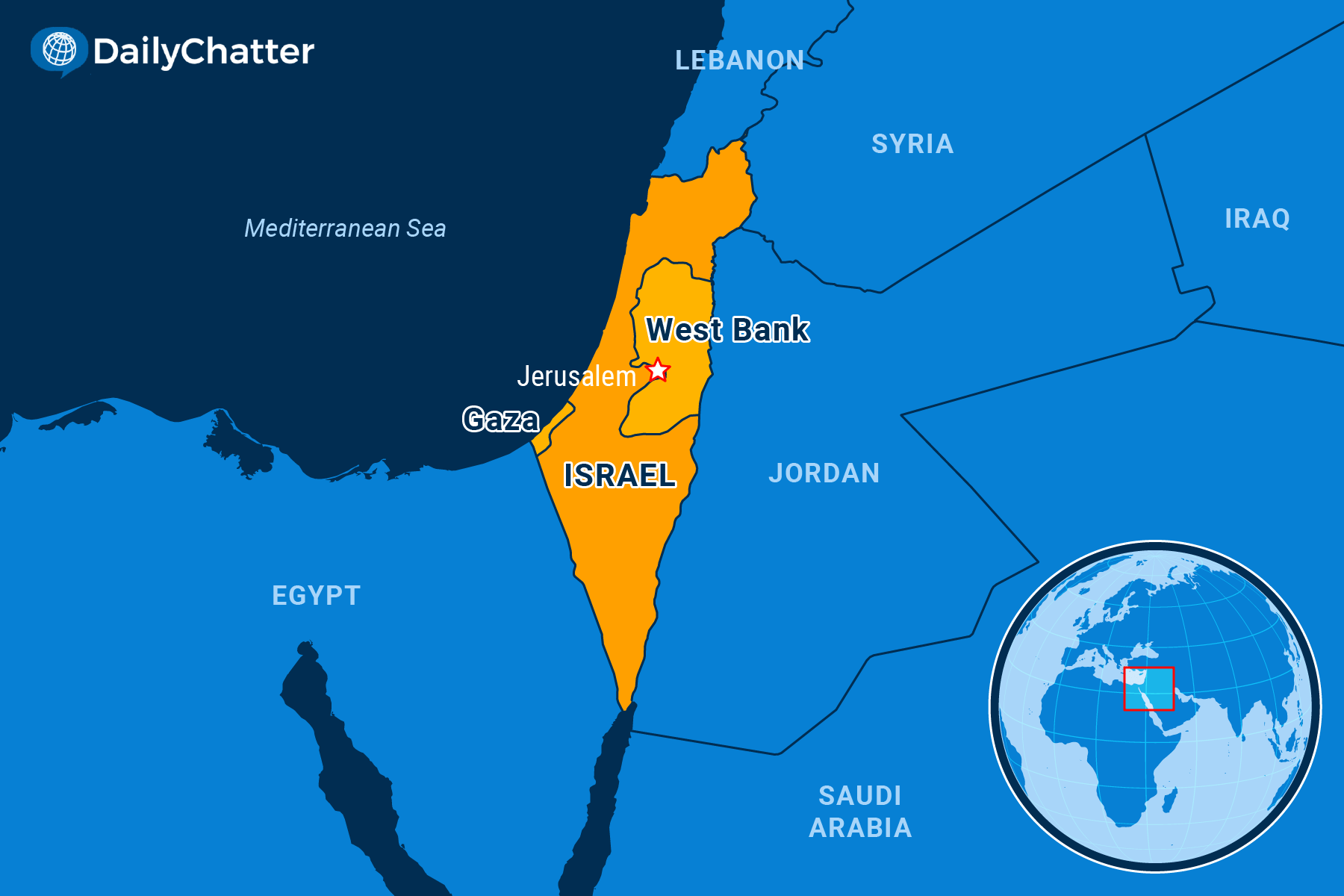The World Briefly
November 10, 2023Hostage Diplomacy
GazaIsrael

|
Listen to Today's Edition
|
Israel has agreed to daily, four-hour pauses in operations inside Gaza to allow more civilians to leave the northern part of the enclave and let more humanitarian aid enter from Egypt, US officials said Thursday.
The Israeli Defense Force said on Thursday it was conducting “tactical, local pauses for humanitarian aid,” that were “limited in time and area.”
Tens of thousands of civilians have fled northern Gaza along the Gaza Strip’s main north-south route, as Israeli ground forces advance into Gaza City.
Even so, about 250,000 remain in northern Gaza, the main target of Israeli airstrikes.
At a summit in Paris on the conflict Thursday hosted by French President Emmanuel Macron, United Nations humanitarian chief Martin Griffiths said of the humanitarian crisis in the enclave: “The situation is insupportable … To allow it to continue would be a travesty.”
Israeli officials earlier this week denied there were food shortages or a humanitarian crisis in Gaza.
Also, President Biden confirmed Thursday that he had asked Israeli leader Benjamin Netanyahu for a three-day pause earlier this week to allow for a possible release of 239 hostages being held by Hamas inside Gaza, including 10 Americans, as well as to facilitate humanitarian aid deliveries and the exit of foreigners from the enclave, the Washington Post reported.
He also again rejected a more comprehensive ceasefire, as has Israel.
Meanwhile, the New York Times reported that Israel and Hamas nearly reached a deal to release dozens of hostages just days before the Israeli army launched a ground invasion in the Gaza Strip in late October.
At the core of these discussions was a proposed deal that could yet see the release of up to 50 hostages, a move that might prompt a temporary pause in the Israeli bombardment of the enclave in response to the Oct. 7 attacks by Hamas and other Palestinian groups.
The assault on Israel killed roughly 1,400 people and around 240 others were taken hostage and moved to Gaza. In response, Israel launched strikes and a ground invasion that have raised concerns about the humanitarian situation in the strip. According to Gaza’s Ministry of Health, the death toll has surpassed 10,800, with more than 26,000 wounded.
The negotiations are primarily taking place in Qatar, a key intermediary that has hosted the Hamas political leadership in exile for years.
Arab and Western officials told the New York Times that Israel had delayed its Oct. 27 ground invasion of Gaza to allow for hostage negotiations. However, talks encountered obstacles amid communication and logistical issues between Hamas’ leadership in Gaza and Qatar.
Questions also linger as to whether the political leadership in Qatar had the authority to finalize and implement any negotiated deal. Hamas leaders have also claimed that the group does not have control over all the captives, noting that other Gaza factions that joined its assault last month took some hostages of their own.
Amid delays and lack of trust, Israel opted to proceed with its ground assault, anticipating that military pressure might compel Hamas to yield. This week, for example, Israeli ground troops pressed into Gaza City.
Even so, the officials noted that negotiations resumed following the ground invasion and are still underway.
On Thursday, Israeli President Isaac Herzog told NBC News that Israel has not received a substantial offer from Hamas, adding that there are “thousands” of officials working on the hostage issue.
Meanwhile, Netanyahu raised eyebrows this week when he claimed that Israel would “for an indefinite period” have the overall security responsibility in Gaza, “because we’ve seen what happens when we don’t have it.”
His comments prompted questions about who would administer the Palestinian enclave after the conflict, with US officials saying they would not support a reoccupation and the displacement of the Palestinian population.
Netanyahu and other senior Israeli officials also emphasized they have no intention of “reoccupying Gaza,” adding that they would “review an alternative mechanism” for the enclave once the fighting is over.
Not already a subscriber?
If you would like to receive DailyChatter directly to your inbox each morning, subscribe below with a free two-week trial.
Support journalism that’s independent, non-partisan, and fair.
If you are a student or faculty with a valid school email, you can sign up for a FREE student subscription or faculty subscription.
Questions? Write to us at hello@dailychatter.com.

